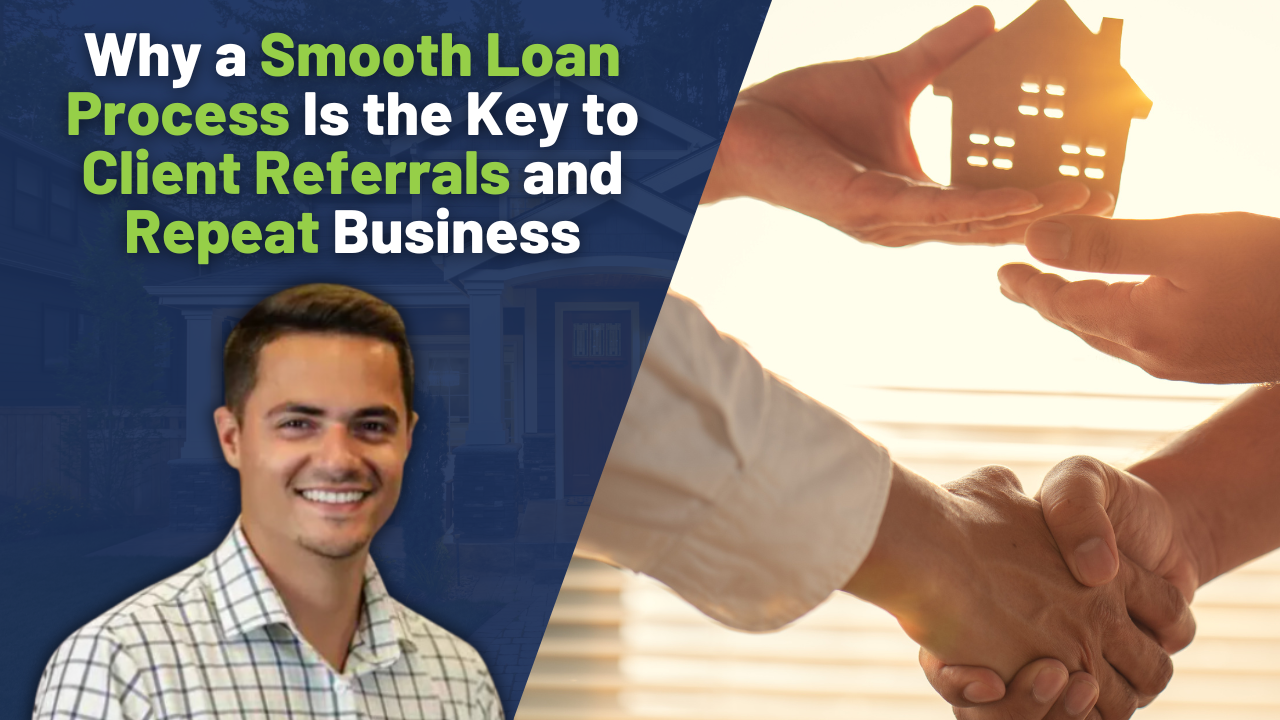Navigating PMI in Home Mortgages: A Comprehensive Guide
Hey there! If you're thinking about buying a home, you've probably come across the term private mortgage insurance (PMI). As the branch manager of Home Loan Advisors, Josh Jampedro can walk you through everything you need to know about PMI. Serving clients in Florida and Wisconsin, Josh is licensed to handle mortgages in both states, so you're in good hands. Let's chat about how PMI could impact your home buying journey.

Private mortgage insurance. Who does it insure? How do I avoid it? Why is it private?
What is Private Mortgage Insurance (PMI)?
Private mortgage insurance, or PMI, is a type of insurance issued by a third-party insurance company that protects the mortgage lender, if you default on your mortgage payments. It provides a safety net for the lender in situations where the buyer has less than 20% equity in their home. In simple terms, PMI helps lender feel more secure when offering loans with smaller down payments. Now let's discuss when PMI comes into play. And as we talked about, it's typically when you have less than 20% equity in your home. So, if you're buying a house with less than a 20% down payment, or if you're refinancing your home and you have less than 20% equity. So, if you're buying a house for 200,000 and your down payment is less than 40,000, PMI might be a part of your housing payment.
Strategies to Avoid Paying PMI
But there are a few ways to avoid PMI. The most common way is obviously to have a 20% down payment, but that might not be possible. So what other options do you have? Well, for one, you can finance the purchase with something called a piggyback loan. This is when you take out a second mortgage to cover part of the down payment so that your primary loan is below 80%. Now, you've got two mortgages in that case, but depending on your credit score and other circumstances, that might be cheaper than having PMI. So that is always an option that you can explore. Another option is something called lender paid mortgage insurance. This is when the lender essentially pays the mortgage insurance premium upfront. And usually this is in exchange for a slightly higher interest rate on the mortgage. So depending on your circumstance, again, that could be a good option. You really are just kind of diverting mortgage insurance in that case. So you really just have a higher interest rate instead of mortgage insurance. But in certain circumstances, it can actually save you money on your mortgage and it might be a good idea.
The Role of PMI in VA and USDA Loans
Now, if you qualify for a VA loan, so if you're a veteran or a spouse or a surviving veteran, then you do not need mortgage insurance. Monthly mortgage insurance on your mortgage. And if you have a USDA loan, if you qualify for a USDA loan that also does not carry monthly PMI. So, there are some loan programs that have requirements that are less than a 20% down payment that also do not have PMI. So that could be a good option if you can explore those or see if you qualify. Lastly, you can wait for something called automatic termination. Once your loan to value hits 78% so you have 22% equity in your home, the PMI will typically just fall off of your mortgage payment if you have a conventional loan. If you reach 80% equity or, I'm sorry, 20% equity, you can typically call in to have that mortgage insurance removed. So, there are different ways to avoid that. You may have it for a period of time, but that doesn't necessarily mean that you have it forever, depending on the type of loan program that you have.
Strategies to Avoid Paying PMI
So, why does avoiding PMI matter? Avoiding PMI means that you're saving money on your mortgage payment, which is always good. So, it's like shedding some unnecessary weight on your mortgage. The mortgage insurance itself doesn't necessarily protect you, it protects the lender. So, you don't really have a huge benefit to you of having. It's not like homeowners' insurance, which if something happens to the property, it benefits you, really, it just benefits the lender. So, by reducing your monthly expenses, you have more financial flexibility, and you can build equity in your home faster that way. But it's also important to understand that having PMI might not be that big of a deal. It can often be the case that the monthly premium for mortgage insurance is pretty manageable, and a lot of the times it's less than your homeowner's insurance. So, if you're planning to wait a long time to buy a home until you've saved up 20% for the down payment, just for the sake of not having mortgage insurance, make sure you understand that there are costs of waiting to buy a home and kind of weigh that against the cost of the mortgage insurance.
Exploring Alternatives to Traditional PMI
If it takes you four years to build up your 20% down payment, and you did all of that to save 60 or $70 a month, and now the house that you were going to buy is $30,000 more expensive. Because of that, you might not be in a better financial situation by having to wait until you put 20% down. So don't let something as small as PMI be a deal breaker on buying a home. So, in conclusion, PMI is a factor to consider in your mortgage journey. By understanding what it is, when it's required, and how to avoid it, you're better equipped to make informed decisions about your home financing. If you have any questions, feel free to reach out to me. Mortgages are complex, so let me give you the tools you need to make the right financial decisions.
When it comes to private mortgage insurance, Josh Jampedro at Home Loan Advisors has got you covered. With his expertise and knowledge in the mortgage industry, Josh can help you navigate the ins and outs of PMI, ensuring that you make an informed decision that's right for you. Whether you're in Florida or Wisconsin, Josh Jampedro is your go-to guy for all things mortgage-related. Trust him to guide you to the best conclusion for your private mortgage insurance needs.










